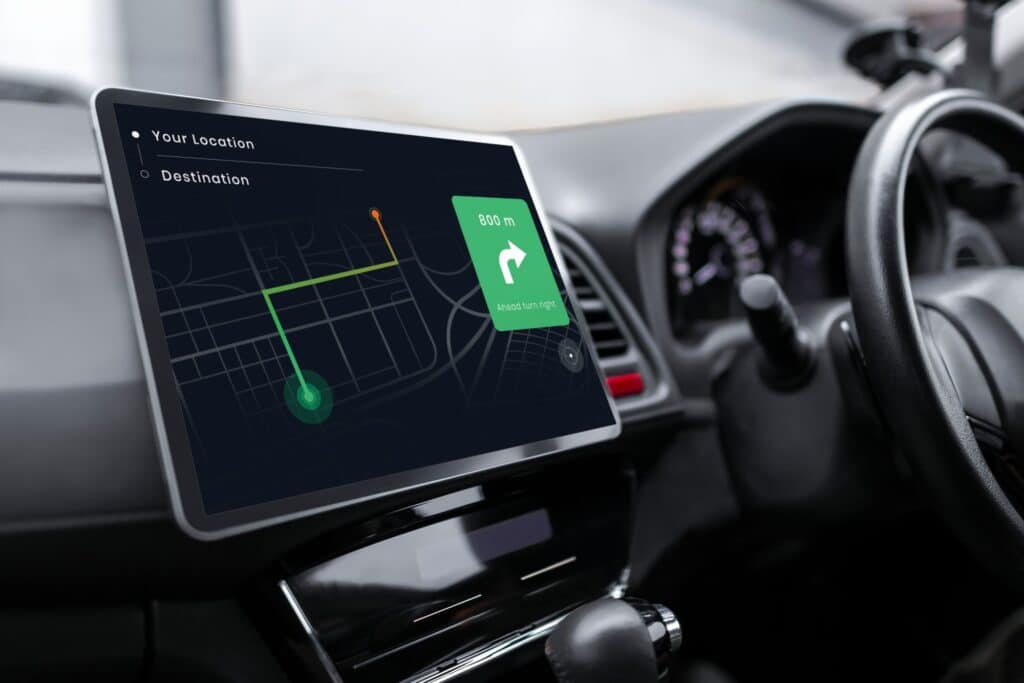
Self-Driving Vehicles set to hit UK roads by 2025
The government has announced plans to introduce legislation that will see self-driving vehicles on UK roads by 2025.
Funding has been calculated and allocated to help achieve the UK’s goals when it comes to autonomous vehicles as well as conducting additional research into the safety aspects of self-driving vehicles.
More than £100 million has been allocated to the project and research could include things such as tests on the performance and safety of autonomous vehicles in poor weather conditions such as heavy rain, snow, and fog.
One of the biggest concerns around self-driving vehicles has always been how they will interact with other road users and pedestrians.
That’s why research will be undertaken to see how the vehicles interact with cyclists, pedestrians, horse riders and other road users, particularly in stressful, difficult, and potentially dangerous situations.
When Could We See Self-Driving Vehicles On The Road?
Well, it might actually be sooner than 2025 that we see autonomous vehicles on the roads.
That’s because the government is planning several testing phases that will see some cars, coaches, lorries, and other vehicles with self-driving features on the UK’s motorways in 2023.
The government is keen to capitalise on the emerging self-driving market which experts predict could be worth an estimated £42 billion and create more than 30,000 jobs over the next few years.
It’s a crucial period for the evolution of vehicles and it feels as though we’re at a crossroads when it comes to the future of travel.
With petrol, diesel, and hybrid vehicles being phased out and the production of new vehicles coming to and electric cars becoming the leading mode of fuel for vehicles.
But it does also open the door for further technological developments and that’s why autonomous vehicles are being explored and developed at an increasingly rapid pace.
The Safety Issue…
The reality with self-driving vehicles is that people’s tolerance of incidents is always going to be lower.
Trust in the technology needs to be developed through rigorous and careful testing phases and a gentle introduction onto the roads, which might mean a slower phasing in of autonomous vehicles.
The legal parameters haven’t yet been set for operating self-driving cars – but the government has confirmed some things, including that the use of mobile phones will still be illegal in self-driving mode.
Given that autonomous commercial vehicles could be on the road in the summer, the government is under pressure to develop a legal framework for self-driving vehicles that covers a wide range of issues.
A full programme of testing will be developed to ensure that self-driving vehicles are only approved after meeting strict standards, and a programme of information will be available to drivers to help them use vehicles safely.
What do you think of the prospect of self-driving commercial vehicles being on the road this year? Would you consider autonomous vehicles for your fleet? Let us know in the comments below.

